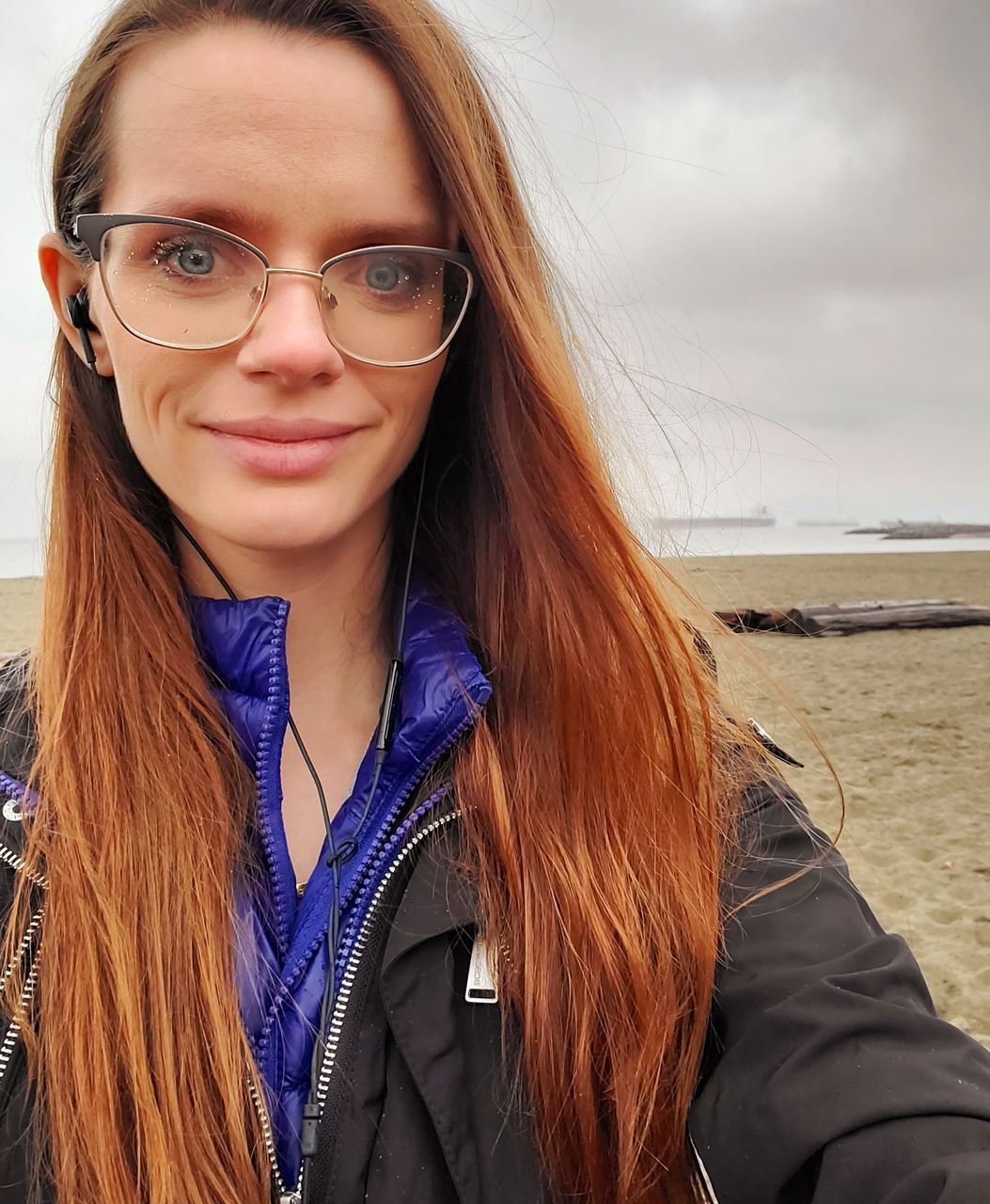
Jennifer Grey and Patrick Swayze in 1987’s Dirty Dancing. Online apps have become essential links for romantic liaisons during the pandemic lockdown, but don’t neglect those dance moves.
Almost every millennial has been here: it's about 11 pm on Friday night, maybe Saturday. One hand fumbles through a bowl of greasy popcorn, the other viciously swipes through a stream of unremarkable faces, while on the flat screen Meg Ryan professes her love to Tom Hanks in "Sleepless in Seattle," or was it "You've Got Mail" this time?
Pre-COVID, online dating was a casual pleasure. With the dawn of physical distancing and tightened social circles, it’s become a necessity. Apps like Tinder, OkCupid and Bumble have become essential to singles across the planet, hungry for connection amidst the new normal.
But can we find true love without physical connection?
Michael Winterdahl says albeit it’s not impossible to find love in a socially distanced era, it poses its own unique set of challenges.
"Frankly, individuals may worry about their relationships as they've gotten through everything they needed to talk about,” he says. “Next thing you know you're discussing your favourite fruit."
Winterdahl is an Associate Professor in Neuroimaging at Aarhus University in Denmark. His research, based at its Department of Nuclear Medicine and PET Center, focuses on the neurochemical oxytocin – also known as the "love" or "cuddle" hormone.
For the last decade, the role of oxytocin has been relatively well understood with regard to pregnancy and maternal behaviour, where it plays a pivotal role in not only inducing labour but establishing a strong bond between mother and child shortly after birth. However, Winterdahl explains oxytocin can also play a role in the development of romantic relationships, helping us form bonds with our partners.
"It comes like a burst; it gives us that 'kick,' that ‘spark,’ which drives us to be social.
When we meet that unique someone, oxytocin, amongst several other neurochemicals, begins flooding the brain.
"Your entire neurochemistry is going off like fireworks!” Winterdahl says. “Oxytocin, dopamine and pleasure hormones like endoopioids (endorphins) are all firing off in succession."
Breaking this process down, Winterdahl explains that oxytocin will link into other neurochemicals such as dopamine – which is associated with learning and rewards – because, we are effectively learning about someone. This, in turn, drives us to be interested in the person and feeds into our innate reward circuits.
The human brain in love can do some crazy things. We do things that seem a little dangerous, like riding a rollercoaster, to drive us closer together. These thrill-seeking activities cause a massive release of hormones and force us to rely on our partner, which creates another burst of oxytocin, bringing us closer together.
Winterdahl says that it’s unclear if seeing someone over a screen can produce these same bursts in oxytocin. But moving dating to an online mode could provide some social value, since it forces us to engage the cognitive portions of our brain before our physical desires.
"Essentially, it's shifting our learning from the physical part of relationships to things we may not tap into on a standard first date such as one's beliefs and values,” he says. “People often tend to forget about social compatibility and worship the feeling of being in love."
"Maybe, years from now, we will be able to look at the marriage-divorce statistics of couples who began with discussing their favourite fruits. They could be onto something."
But what about that certain Je ne sais quoi, that feeling that draws us to the man or woman across the bar? Can we find love at first swipe? Dating apps, like Tinder and Bumble, might help us cross paths with a beautiful stranger - but Winterdahl says the value of physical interaction, particularly dancing, should not be underestimated.
When we meet someone, so much of what we are experiencing is happening at an unconscious level and ties back to pure evolutionary biology. For instance, a preference for your partner's smell indicates that your immune systems are compatible. That is, we are genetically designed to prefer the scents of partners who have immune systems different from our own.
Winterdahl explains this because if we were to procreate, our offspring would carry different genes from both parents, giving them an immunological advantage. This theory has garnered so much traction that individuals who have amassed a bad case of carpal tunnel from swiping can actually try "Smell Dating." This is a mail-order match-making service that gives you the opportunity to sniff the dirty t-shirt – and unique scent – of your potential mate before meeting them.
So, where does dancing come into play? Well, Winterdahl explains that nervous system compatibility is essential to the success of a couple. When dancing with someone, we are tapping into their nervous system; it is as close as we can get to being in touch with someone's brain without physically entering it.
Now, no one is saying you need to master the full Dirty Dancing lift. But as pandemic restrictions ease, it might be worth masking up for a quick tango.
By: Miranda Stahn

A prairie girl at heart, Miranda completed both her Bachelor's and Master's of Science at the University of Alberta. Her thesis research focused on classifying new bacterial viruses for a unique class of bacteria known as Methanotrophs - named for their ability to survive off of unusual carbon compounds such as methane.
Outside of her studies, Miranda has always been passionate about science communications and outreach. Since undergrad, she has been involved in several outreach initiatives run through well-known programs such as the Telus World of Science Edmonton (TWOSE), the University of Alberta's DiscoverE, WISEST (Women in Scholarship Engineering Science and Technology), and Science Slam Canada.
Miranda is committed to making science accessible to everyone and firmly believes that effective and entertaining science writing is key to helping the public disseminate truth from fiction.
For more details, please check out her LinkedIn: https://www.linkedin.com/in/miranda-stahn-93229483/
